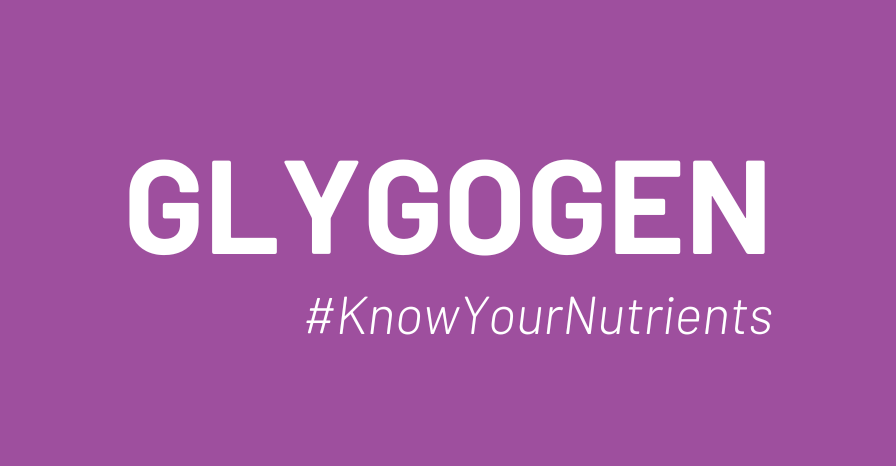
Know Your Nutrients - Glycogen
FUELLING |In this series aimed at better understanding sports nutrition, today let's talk about glycogen. Simply speaking, glycogen is a means by which the body stores carbohydrates
The carbohydrates in our meal are primarily used in two ways. Part of the carbohydrates are metabolized (broken down) by the body for energy production, while the surplus carbohydrates are stored in the form of glycogen, primarily in the liver and the muscles.
This stored glycogen is used to fuel the body throughout the day. On an average, the glycogen stores last for 12-14 hours of regular activity and up to 2 hours of exercise like running, cycling and gymming. When you 'carb load' before a race, what you are actually doing is building up your glycogen stores.
Post a demanding endurance activity like a full marathon or a BRM, your muscles have exhausted all the stored glycogen. At this stage, the body is vulnerable to injury and further muscle damage, if muscle glycogen levels are not replenished within the post-activity 'window of opportunity' of 45 minutes. This 45 minute window is also prime for comprehensive recovery, if the body is supplied with a combination of carbohydrates and protein.
RRUNN Post is a source of carbohydrates and protein in a 4:1 ratio which has been scientifically proven to accelerate complete muscle recovery and growth. The carbohydrates in RRUNN Post result in a rise in blood sugar levels and replenishment of muscle glycogen. Post activity, the ingestion of protein and carbohydrate as opposed to a protein only drink has been known to induce better rates of muscle growth. The rise in muscle glycogen levels also facilitates the uptake of protein by the muscle, which in turn promotes muscle growth and brings down muscle damage.

